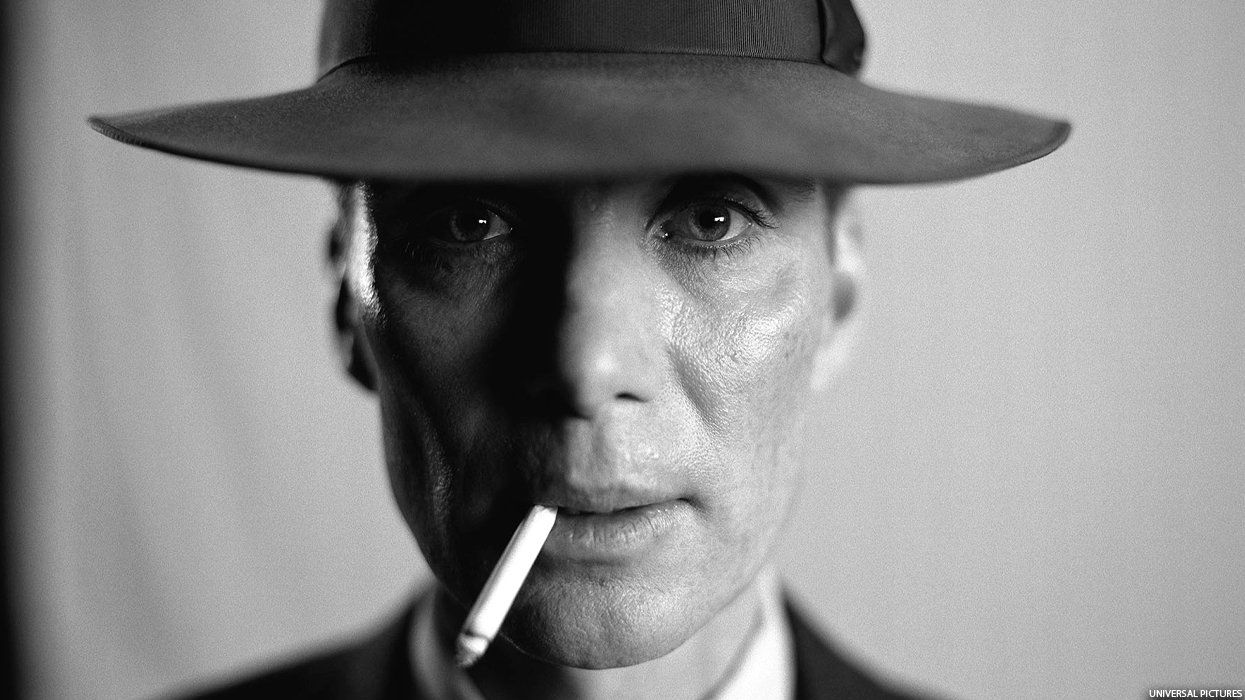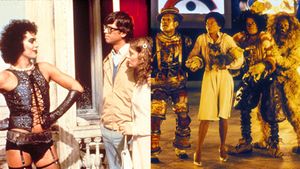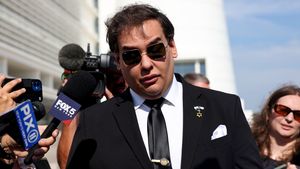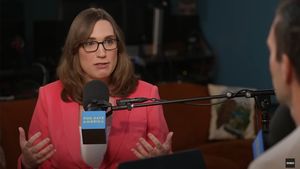Blockbuster Oppenheimer follow the story of physicist Robert Oppenheimer and how he developed the atomic bomb, yet the film does not directly portray the victims of the weapon.
Audiences have recently become divided over the lack of Japanese representation in the film, with some saying it ignores the hundreds of thousands of victims in Hiroshima and Nagasaki. Others — such as director Christopher Nolan — say that the story follows Oppenheimer's perspective alone, and that the victims deserve their own separate story.
While the bombing is not directly shown, American leaders are shown discussing where to drop the weapon. In one scene, Oppenheimer is shown giving a speech, and imagining the predominantly white audience as the victims of the bomb.
Nolan has been both praised and criticized for his decision not to show the infamous bombings within the film. He previously justified the decision to MSNBC’s Chuck Todd, saying he felt that “to depart from Oppenheimer’s experience would betray the terms of the storytelling.”
“He learned about the bombings of Hiroshima and Nagasaki on the radio — the same as the rest of the world,” he explained. “That, to me, was a shock. … Everything is his experience, or my interpretation of his experience. Because as I keep reminding everyone, it’s not a documentary. It is an interpretation. That’s my job.”
To Brandon Shimoda, curator of the Hiroshima Library, the absence of the innocent Japanese civilians makes a dangerous statement.
“Even within the realm of entertainment it’s still demoralizing and making, once again, unreal the experience of Asian people," he told NBC. "The experience and perspective of the hibakusha needs to be centered in whatever way possible. There are people out there that are telling their stories in real time. The general white American relationship to that is to refuse those stories, and to turn instead to these dramatizations, which largely erase the people whose stories need to be told.”



















































